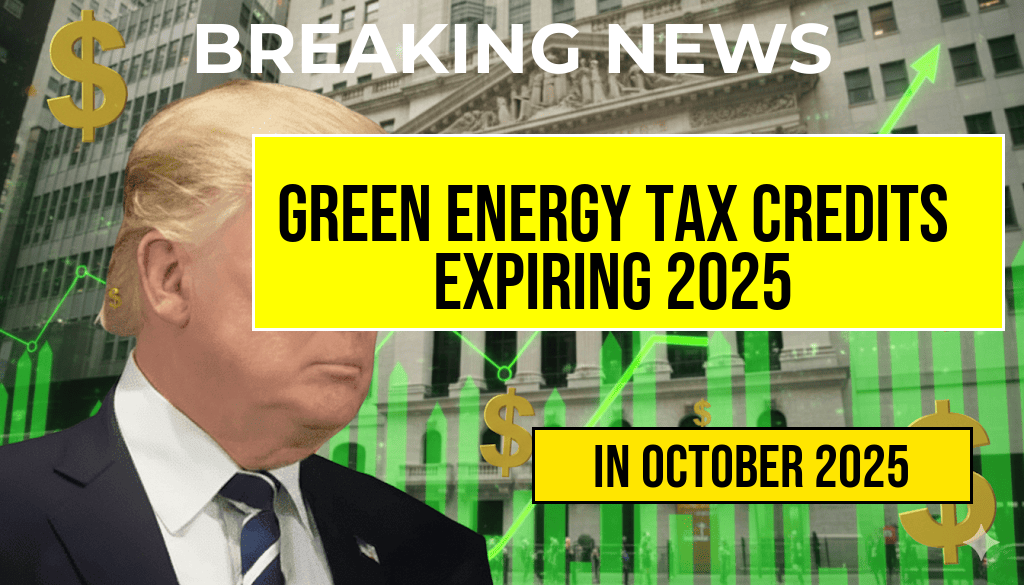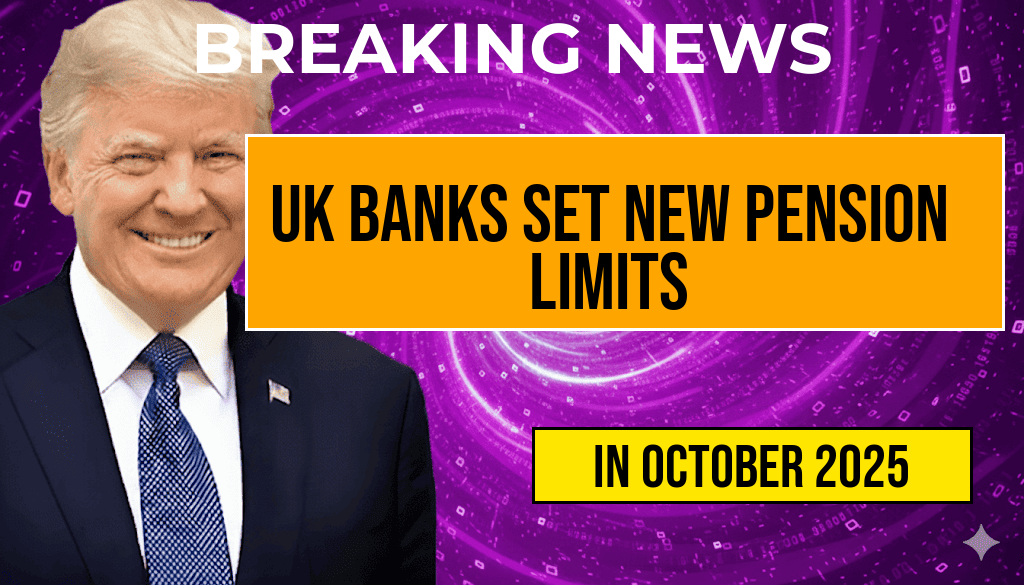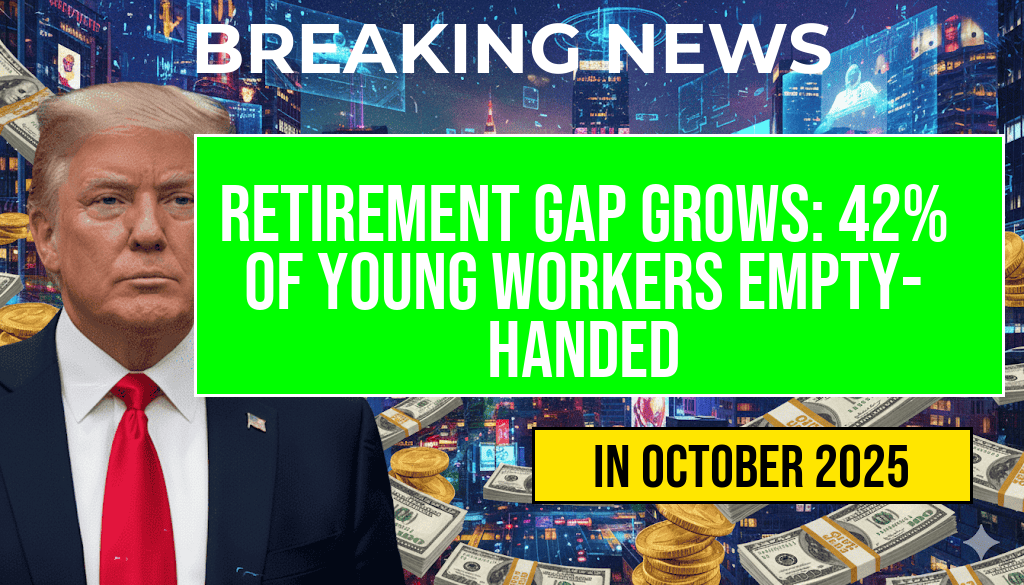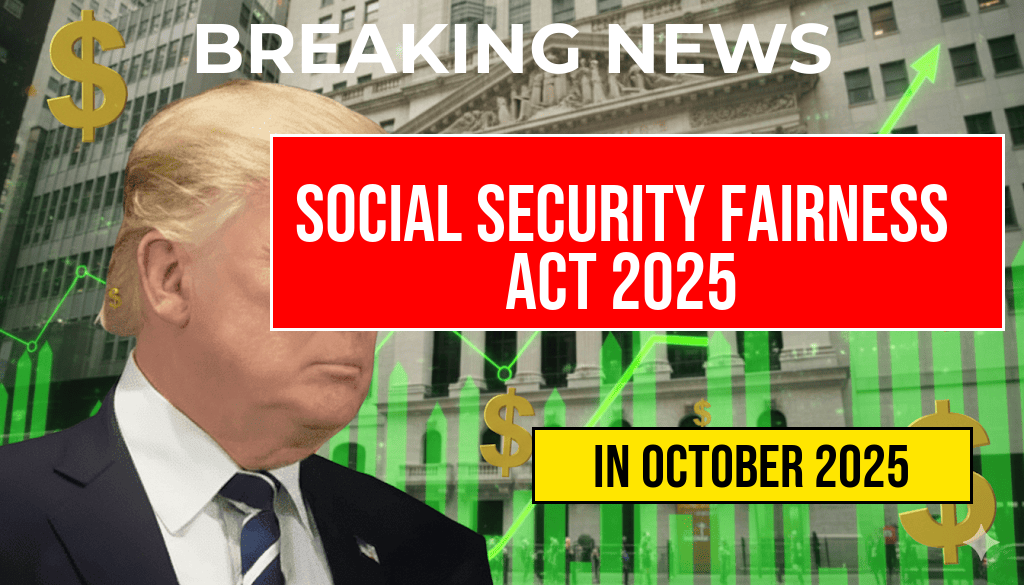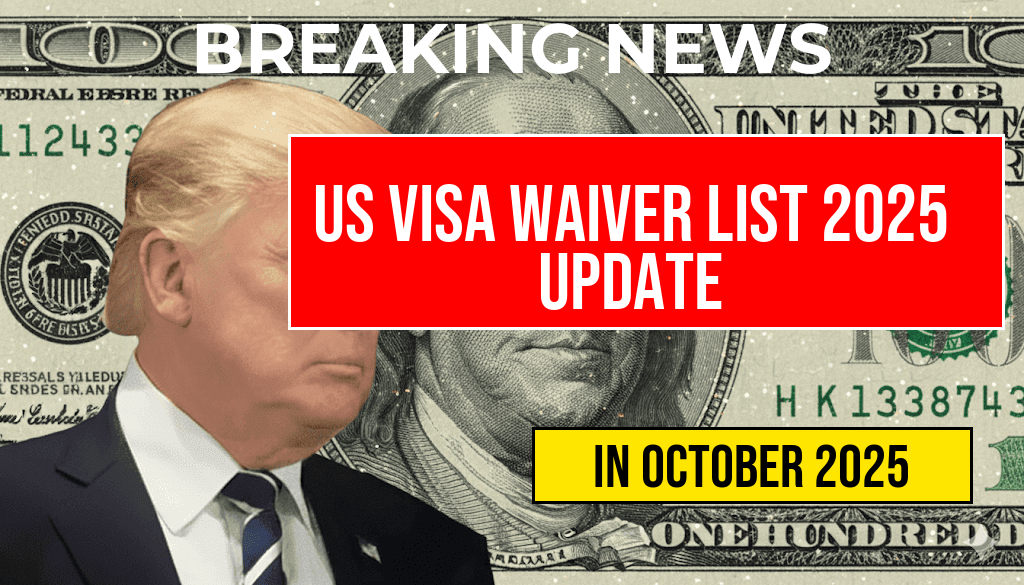As the federal government prepares to phase out several green energy tax credits after 2025, many homeowners are reassessing their plans for renewable energy investments. These incentives, introduced to accelerate the adoption of solar panels, geothermal systems, and energy-efficient appliances, have significantly reduced upfront costs for many Americans. However, with the expiration dates approaching, uncertainty surrounds the future of these benefits, potentially impacting homeowners’ decisions to upgrade or install new renewable energy systems. Understanding the specific credits affected, their timelines, and available alternatives can help homeowners navigate this shifting landscape and make informed choices about their energy future.
What Tax Credits Are Expiring?
The primary federal incentives set to expire after 2025 include the Residential Clean Energy Credit, formerly known as the Investment Tax Credit (ITC), and the Residential Energy Efficiency Tax Credit. These programs have historically provided substantial tax savings for homeowners investing in solar, wind, geothermal, and energy-efficient upgrades.
Key Incentives and Their Timelines
| Tax Credit | Current Status | Expiration Date | Details |
|---|---|---|---|
| Residential Clean Energy Credit | Extended through 2025 | December 31, 2025 | Provides up to 30% tax credit for solar, wind, geothermal systems |
| Energy Efficiency Home Improvement Credit | Extended through 2025 | December 31, 2025 | Offers rebates for energy-efficient windows, doors, insulation |
Beyond 2025, these credits are expected to revert to lower or non-existent levels unless new legislation extends or modifies them. The Biden administration has proposed extensions and enhancements to these incentives, but legislative approval remains uncertain as Congress grapples with competing priorities.
Implications for Homeowners
Homeowners currently planning to leverage these incentives need to act before the 2025 deadline to maximize savings. Post-2025, the reduced or absent credits could increase the financial barriers to adopting renewable energy solutions, particularly for those relying on the incentives to offset substantial installation costs.
Financial Planning and Timing
Experts advise homeowners considering solar or energy-efficient upgrades to evaluate the timeline critically. Installing systems before the end of 2025 ensures eligibility for the current credits, which can cover a significant portion of installation costs. Waiting beyond this deadline may result in higher out-of-pocket expenses and slower return on investment.
Potential Policy Changes and Future Incentives
Legislators are actively debating proposals to extend or enhance green energy credits, motivated by climate goals and economic recovery efforts. Some proposals aim to increase the credits’ value or broaden eligibility criteria, making renewable upgrades more accessible. More on U.S. renewable energy incentives offers detailed context on existing policies.
Alternatives and Strategies for Homeowners
Given the uncertainty surrounding federal incentives, homeowners should explore alternative strategies to finance renewable energy projects:
- State and Local Incentives: Many states offer additional rebates, tax credits, or low-interest loans that can supplement federal benefits. Checking resources such as the Database of State Incentives for Renewables & Efficiency (DSIRE) can help identify opportunities.
- Financing Options: Solar-specific loans or leasing arrangements may reduce upfront costs, making projects more feasible even without federal credits.
- Energy Efficiency Improvements: Upgrading insulation, windows, and HVAC systems can lower energy bills and improve home performance without significant initial investment.
What Homeowners Should Do Now
As the expiration date approaches, homeowners interested in taking advantage of current incentives should:
- Consult with licensed renewable energy providers to evaluate project timelines and costs.
- Review eligibility requirements for federal, state, and local incentives.
- Consider scheduling installations before the end of 2025 to secure maximum benefits.
- Stay informed about legislative developments that could impact future incentives or introduce new programs.
While the federal government’s green energy incentives have played a significant role in accelerating renewable adoption, policy shifts could reshape the landscape in the coming years. Homeowners contemplating upgrades should weigh the current opportunities against potential changes, ensuring they make strategic decisions aligned with their long-term energy goals.
For more comprehensive guidance, resources such as the U.S. Department of Energy’s Solar Energy Guide and reputable financial planning firms specializing in renewable energy can provide tailored advice.
Frequently Asked Questions
What are the upcoming changes to green energy tax credits after 2025?
Starting after 2025, many green energy tax credits are set to expire or be significantly reduced. Homeowners should be aware that the federal incentives for installing solar panels, wind turbines, and other renewable energy systems may no longer be available or could change in future legislation.
How will the expiration of green energy tax credits impact my home improvement plans?
If you are considering installing renewable energy systems, it is advisable to act before 2026 to maximize potential tax benefits. Post-expiration, the cost savings from these incentives may decrease, making some projects less financially attractive.
Are there any state or local incentives that can help replace federal green energy tax credits?
Yes, many states and local governments offer their own renewable energy incentives. These can include rebates, grants, or tax credits that may still be available after federal tax credits expire. It’s important to research your specific area for current programs.
Can I still claim green energy tax credits for systems installed before the expiration date?
Yes, generally, if you install renewable energy systems before 2026, you may still be eligible to claim the current federal tax credits. Be sure to consult with a tax professional to ensure your installation qualifies and to understand the deadline for filing.
What should homeowners do now to maximize green energy incentives before they expire?
Homeowners should consider scheduling renewable energy installations promptly and consulting with experts to ensure they qualify for current tax credits. Planning ahead can help you take full advantage of the current incentives before potential reductions or expirations after 2025.

